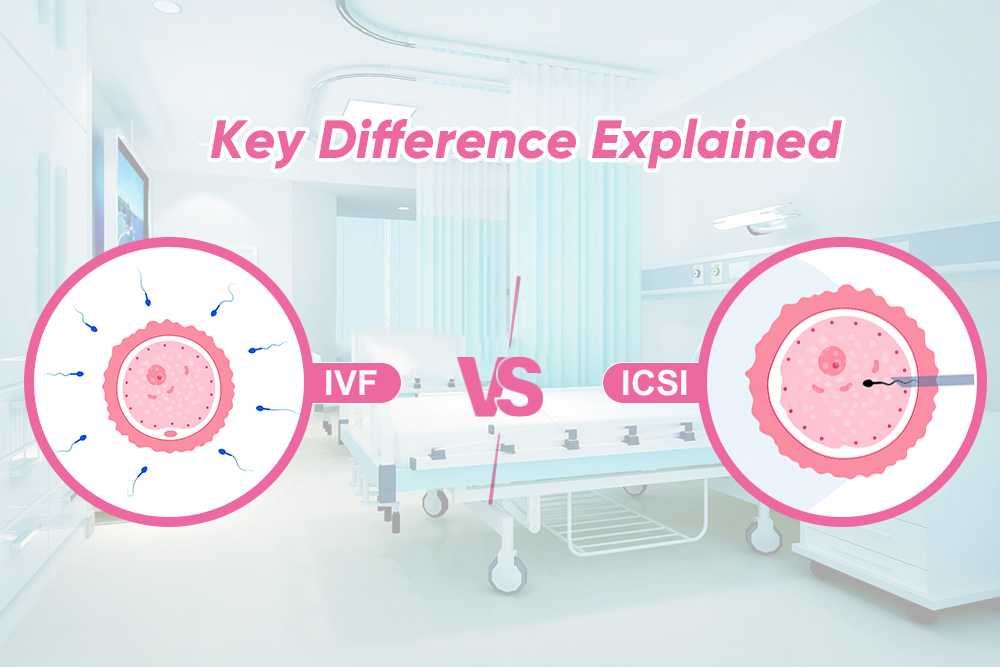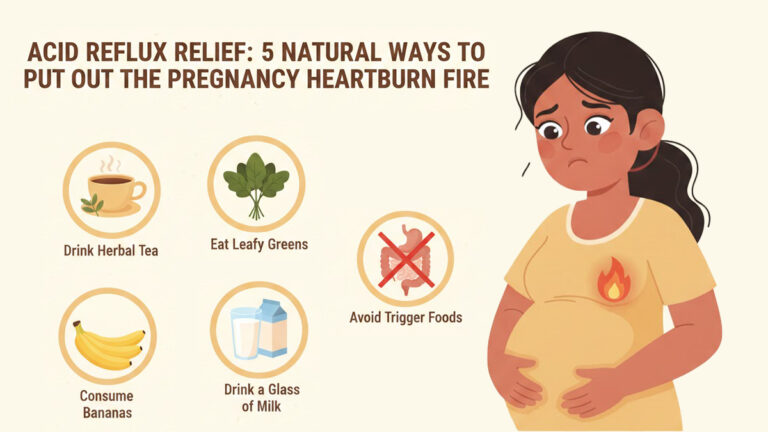Fertility treatments have brought hope to millions of couples around the world. Among the most advanced and widely used options are IVF (In Vitro Fertilization) and ICSI (Intracytoplasmic Sperm Injection). Though both techniques aim to achieve pregnancy by fertilizing an egg outside the body, they differ in how the fertilization takes place—and who they’re best suited for.
In this blog, we’ll break down the key differences between IVF and ICSI, their success rates, and which treatment might be the best fit for your fertility journey.
What Is IVF?
IVF (In Vitro Fertilization) is a procedure where a woman’s eggs are retrieved and fertilized with sperm in a laboratory dish. Once fertilized, the healthiest embryo is transferred back into the uterus for implantation.
✅ IVF is typically recommended for:
- Blocked or damaged fallopian tubes
- Endometriosis
- Ovulation disorders
- Unexplained infertility
- Age-related infertility
In IVF, thousands of sperm are placed around each egg, and fertilization happens naturally—whichever sperm successfully penetrates the egg.
What Is ICSI?
ICSI (Intracytoplasmic Sperm Injection) is a more specialized form of IVF. In ICSI, a single healthy sperm is directly injected into the egg using micromanipulation tools under a microscope. This technique bypasses many of the natural barriers to fertilization.
✅ ICSI is often recommended for:
- Severe male factor infertility (low sperm count, poor motility, or abnormal shape)
- Azoospermia (no sperm in semen, requiring surgical sperm retrieval)
- Previous IVF failures due to fertilization issues
- Frozen or surgically retrieved sperm
- Cases with few available eggs
IVF vs ICSI: Key Differences at a Glance
| Feature | IVF | ICSI |
| Fertilization method | Natural (sperm surrounds egg) | Direct injection of single sperm |
| Sperm quality required | Normal to mildly low | Very low sperm quality acceptable |
| Best for | Female factor or unexplained | Male factor or past IVF failures |
| Cost | Slightly lower | Slightly higher due to precision |
| Success rate | Comparable, but higher with ICSI in male infertility cases |
Which Treatment Is Right for You?
Choosing between IVF and ICSI depends on your individual diagnosis, age, egg/sperm quality, and past treatment history. Here’s a quick guide:
👉 Go for IVF if:
- You and your partner have normal sperm parameters
- The fertility issue is female-based (blocked tubes, endometriosis, etc.)
- You’ve never tried fertility treatment before
👉 Consider ICSI if:
- There are known male fertility issues
- You’ve had failed fertilization in a previous IVF cycle
- You’re using frozen or surgically retrieved sperm
- You have a low number of eggs retrieved
Success Rates: IVF vs ICSI
Success rates can vary based on age, clinic experience, and underlying conditions. However:
- IVF and ICSI have similar success rates in couples with normal sperm counts.
- ICSI tends to have better fertilization rates in cases with male infertility.
Remember: fertilization success doesn’t always guarantee pregnancy. Implantation, embryo quality, and uterine health also play major roles.








